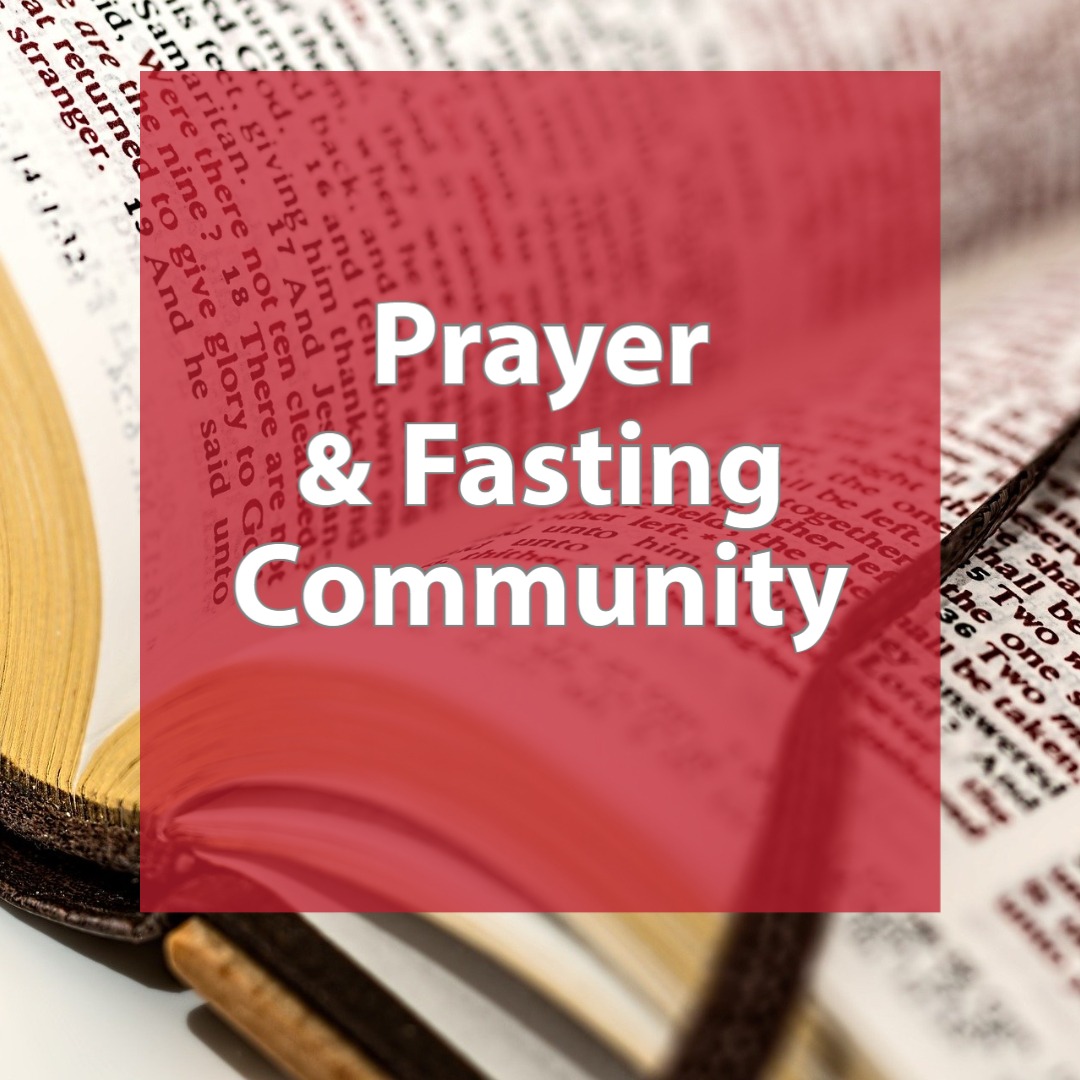God’s Self-Communication by Kim Reisman

Scripture Focus:
All Scripture is inspired by God and is useful to teach us what is true and to make us
realize what is wrong in our lives. It straightens us out and teaches us to do what is
right. It is God’s way of preparing us in every way, fully equipped for every good thing
God wants us to do.
2 Timothy 3:16-17 (NLV)
A significant part of any journey of prayer and fasting is the study of Scripture – the
place where we find God’s teaching. Looking at Scripture is important not simply to
locate God’s teaching so we can apply it to our lives. Exploring the Bible is important
because discovering how we feel about Scripture, its role in influencing our choices, and
the power and authority we give it over our decision-making processes will have an
impact on our ability to place God at the center of our lives.
As I have taught various Bible studies over the years, I’ve learned that an important
issue to address early on is our attention to Scripture. When do we usually attend to it?
When do we most often ignore it? A common response is that we usually attend to
Scripture when we are in need or struggling. And equally common response is that we
most often ignore it when the message to us is inconvenient or goes against our
preconceived notions or inclinations.
As Christians, we believe the Bible is God’s chosen means of self-communication. It’s
one of the ways in which God continues to reveal God’s self to us in our current
situation. Some of us do not always associate the God with whom we feel intimate with
the God we read about in the Bible. For some of us – especially for those of us who are
women – there can be a gap between the God we experience in worship or in our
devotional life and the God who inhabits our sacred stories of faith, which are frequently
dominated by male characters, male authors, and the patriarchal perspective of the
ancient world. Yet, when we come to understand Scripture as God’s self-
communication, we realize that it isn’t simply the record of God’s activity long ago, but it
is a way in which God is active now. That recognition opens us to the reality that God’s
voice surpasses not only all ancient perspectives, but our own 21 st century perspectives
as well. Rather than viewing the God of Scripture as captured somehow in the pages of
an antiquated book, we will become aware of the variety of ways in which God desires
to speak to us – through Scripture, worship, and prayer.
In our current age there is a great temptation to see Scripture as constraining rather
than life-giving. It’s as though we believe God is trying to hog-tie us with this complex
and sometimes confusing jumble of teachings. If we’re disposed to view the Bible in this
way, our path toward placing God at the center of our lives will be much more difficult,
filled with roadblocks of rationalization and self-justification when God’s Word doesn’t
easily fit into our existing worldview.
The metaphor of the hedge fence is helpful in freeing us from a “hog-tying” sense of
Scripture. Many centuries ago, the hedge fence grew on each side of the king’s
highway. It was placed there not to stop travelers but to keep them safely on the path.
Anyone could jump the hedge to take a shortcut, but they did so at their own risk.
Leaving the highway meant traveling through open country where there were no maps
and many unforeseen dangers.
The Bible provides a hedge as we travel on the spiritual highway. There are many
places where the hedge is distinct – the Ten Commandments for example. Jumping the
hedge is always a possibility; but then we will be on our own in open country. There will
be few maps and many risks. Unfortunately, there are also places where we can’t
always discern the hedge, places where it is sparse and indistinct. It isn’t always easy to
apply biblical teaching to our current world situation. That moral ambiguity, however,
should not be an excuse to jump over clearly marked and well-defined hedges. As
Christians we affirm that moral principles do exist, principles that are always right and
that breaking them is always wrong.
Rather than constraining us, Scripture provides a hedge to protect us as we journey,
providing us with a safe arena in which to face the moral ambiguities that are an
unavoidable part of living. Respect for God is the beginning of wisdom. When we move
to an understanding of Scripture as God’s means of self-communication with us for our
benefit, we will be more committed to connecting all of Scripture to our daily lives rather
than just the parts that are convenient, or that fit into our current mode of thinking.
As you pray and fast this month, I encourage you to reflect on how you feel about
Scripture, how it influences your choices, the power and authority you give it over your
decision-making processes. I pray that the life-giving power of God’s Word would be
revealed to you and that you will experience God actively speaking to you in this very
moment and for your benefit.
~ God, teach me lessons for living so I can stay the course.
Psalm 119:33 (The Message)